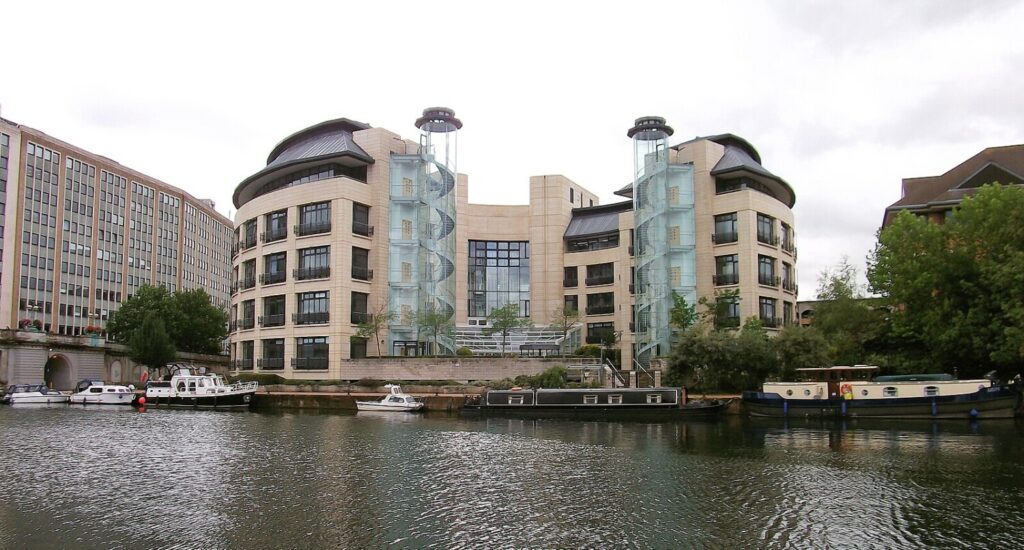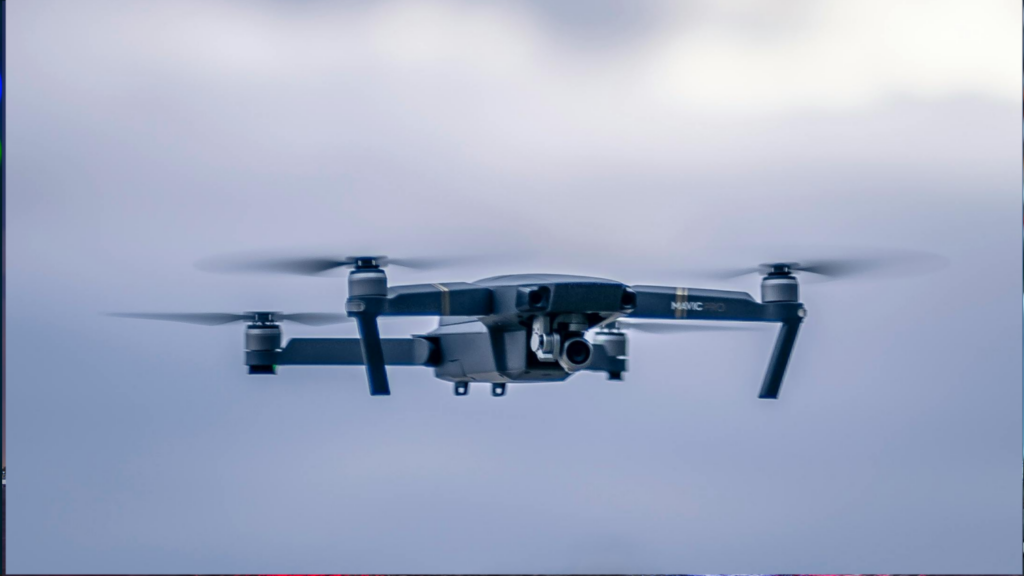Addressing the Roots of Maritime Piracy in the Gulf of Guinea
For years, shipping in the Gulf of Guinea has been plagued by maritime piracy. Despite the efforts made by members states of the Gulf of Guinea commission to tackle the issue, this region is the site of 95% kidnappings at sea worldwide, according to the International Maritime Bureau, and was the most dangerous maritime area in the world in 2020 (Asala, 2021). Moreover, while the frequency of maritime kidnappings has been falling around the world, they have increased in the Gulf of Guinea, from 78 in 2018 to 121 in 2019. The situation was even worse in 2020, with an increase in kidnappings of 40% and 132 ship attacks. This state of affairs can be explained by the failure to target the roots of the threat, notably the dire situation facing the Niger Delta populations, caused by frequent oil spills. For the last 20 years, bad redistribution of oil revenue and constant oil pollution has undermined local livelihoods, leading to the rise of local resistance which then turned to maritime piracy and criminality (Tochukwu Alozie, 2020).
The Roots of Maritime Piracy in the Gulf of Guinea
According to the International Union for Conservation of Nature and certain Nigerian Governmental agencies, the volume of oil spilt in Nigeria in the last 50 years equates to around 50 times the Exxon Valdez spill, in Alaska, in 1989. In other words, the Nigerian Delta has effectively seen Exxon Valdez-scale spillages every year for the past half a century. The extent of these oil spills, causing the pollution of waters in the Niger Delta region, has been estimated at about 250,000 barrels per year. Consequently, populations from the Niger Delta cannot carry out either fishing, or agriculture, the two main income-generating activities in the region. Thus, already poverty-stricken, the region has been plunged into an even worse situation (Asala, 2021).
Given the lack of action of the Nigerian federal government against oil companies, populations from the Niger Delta felt helpless and some of them decided to handle the situation by themselves. They rose up against the Nigerian federal government and oil companies in the Niger Delta region, through armed insurrection.
Groups like the Movement for the Emancipation of the Niger Delta (MEND) attacked offshore platforms in order to voice their anger against the prolific waste of the oil industry and pollution of Delta rivers, which jeopardize the livelihoods of millions of fishermen. Besides, populations have been complaining that so far, they did not receive any benefits of crude oil extracted from their land. Thus, those who were once activists became increasingly radical and turned to piracy (Asala, 2021). Today, roughly ten armed groups, with state-of-the-art military equipment, attack ships in the Gulf of Guinea and sabotage oil pipelines, severely affecting shipping routes and maritime supply lines.
The Impact of Maritime Piracy on Security and Economy in the Gulf of Guinea
Although in 2018 and 2019 the number of attacks dropped, with respectively 134 and 114 acts of piracy in the Gulf of Guinea, it is important to highlight that in the first few quarters of 2020, maritime security incidents slightly increased by 17%. Indeed, according to the International Maritime Bureau, in the first quarter of 2020, 21 acts of maritime piracy were carried out in this region, from a total of 47 attacks worldwide (Gulf of Guinea Piracy, 2021). Both governments and businesses have thus perceived the Gulf of Guinea with increasing concern.
Unsurprisingly, maritime piracy in the Gulf of Guinea has had a negative impact on the regional economy, since both public and private sector investors are reluctant to put their money into a region with a reputation as a high-risk maritime environment. Consequently, some oil companies were compelled to close their pipelines. Shell, for instance, decided to shut down four onshore oil pipelines in the Niger Delta, due to frequent theft by armed groups. Nigerian oil production has subsequently declined from 2.5 million, to 400,000 barrels per day (Ben-Ari, 2013). It is important to note that Nigeria is the country, both in the Gulf of Guinea and globally, most affected by maritime piracy, because of the situation prevailing in the Niger Delta Region, as shown in the chart below.
Although maritime piracy is not likely to put an end to trade in the Gulf of Guinea anytime soon, since 90% of trade to West Africa comes by sea, this regional reliance on shipping routes means that tackling maritime piracy is critical. It is imperative to end pirate attacks in the Gulf of Guinea because this plague robs West African countries of the resources required to invest in the development of coastal communities (Gulf of Guinea Piracy, 2021).
Tackling the Roots of Maritime Piracy in the Gulf of Guinea
As long as the principal employment opportunities of youths in the Delta Region, particularly agriculture and fishing, are hampered because of oil companies’ pollution, it will be hard to figure out a way to overcome maritime piracy in the region. The four States with the highest unemployment rate in Nigeria, respectively Imo (48.7%), Akwa Ibom (45.2%), Rivers (43.7%) and Delta (40.3%), are located in the Niger Delta region, as it is possible to see on the chart below.
This unemployment rate skyrocketed from 32% in 2018 to 37% in 2020, according to the Nigerian National Bureau of Statistics. An analysis of the Niger Delta Congress’ (NDC) figures shows that the unemployment and underemployment rate is more than 50% in the five states in the Delta region other than Bayelsa. This means that over five million people in the region are jobless (Timileyin, 2020).
Although the Nigerian federal government created a commission dubbed the Niger Delta Development Commission (NDDC) in order to develop this poverty-stricken region, young people in the Delta do not perceive, so far, the positive repercussions of this commission, since their daily lives have not improved (Tochukwu Alozie, 2020). Therefore, living in poverty, jobless, and without improvement in sight, young people from the Niger Delta use violence to get by in life. Yet, by taking this path, they put their lives in jeopardy and worsen their already dire situation.
The federal government should impose legislation on oil companies, effecting an end to pollution in the Niger Delta and hold those companies accountable for any damage caused. Indeed, oil companies should compensate the victims of pollution. Those companies should fix the damages they have caused, and are still causing, in order to allow people in the Niger Delta to resume their fishing and agriculture activities. The truth is that, because of oil companies’ pollution, the local population is no longer self-sufficient in sea products (Morizur, 2020).
The federal government should take all the necessary measures to create jobs in the Niger Delta, in order to keep young people away from unemployment, poverty, idleness, anything that makes them vulnerable to the call of pirates. The Nigerian government should put in place a ‘Demobilization, Disarmament and Reintegration’ program in order to incite pirates to lay down their weapons and come back into society.
It goes without saying that the implementation of those measures does not mean that the security response against maritime piracy in the Gulf of Guinea should be ended. In fact, this security response should be strengthened, since there are more and more pirates’ attacks in the Gulf of Guinea. The most effective plan of action would connect decarbonization, social reintegration and job creation policies to security concerns, in order to tackle piracy most efficiently. Even if the security measures can reduce the intensity of piracy in this area, it cannot put an end to it, without addressing the underlying causes. As long as rapacious oil extraction continues and young populations in the Niger Delta region are living in poverty, feeling excluded and without any future prospects, piracy is sure to flourish.
References
Asala, K. (2021). Derrière la piraterie dans le Golfe de Guinée. [Online] Africa News. Available at: https://fr.africanews.com/2021/02/08/derriere-la-piraterie-dans-le-golfe-de-guinee/ [Accessed 12 Mar. 2021]
Ben-Ari, N. (2013). Piracy in West Africa. [Online] Africa Renewal. Available at: https://www.un.org/africarenewal/magazine/december-2013/piracy-west-africa [Accessed 14 Mar. 2021]
Dryad Global. (2021). Gulf of Guinea Piracy. [Online] Available at: https://dg.dryadglobal.com/nigeria-pirates[Accessed 14 Mar. 2021]
Morizur, F. (2020). Countering Gulf of Guinea Piracy Towards 2025. [Online] Available at: https://www.maritime-executive.com/blog/countering-gulf-of-guinea-piracy-towards-2025 [Accessed 14 Mar. 2021]
Timileyin, O. (2020). NDC calls for Niger Delta autonomy over spike in unemployment rate. [Online] Available at: https://guardian.ng/news/ndc-calls-for-niger-delta-autonomy-over-spike-in-unemployment-rate/ [Accessed 14 Mar. 2021]
Tochukwu Alozie, M. (2020). How young people in the Niger Delta are being left out of development. [Online] Available at: https://theconversation.com/how-young-people-in-the-niger-delta-are-being-left-out-of-development-143642 [Accessed 14 Mar. 2021]



